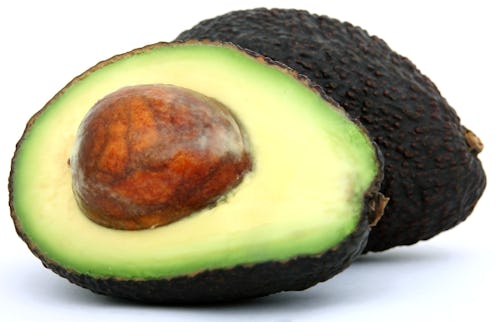Life
Thieves Are Pulling Legit Avocado Heists

There’s a crime wave sweeping across New Zealand, but the targets aren’t precious metals or rare gemstones. Instead, thieves are stealing something arguably just as precious: avocados. New Zealand’s avocado shortage has caused a surge in avocado thefts, with farmers losing hundreds of avocados to thieves looking to sell the precious fruit for a profit. As someone who loves avocados to the depths of my soul, I can only weep into my guacamole and hope that, eventually, this madness will end.
According to The Guardian, New Zealand orchards have reported nearly 40 major thefts of avocados since January. The popularity of this avocado black market stems from a low supply of avocados due to a bad year for orchards, coupled with a major surge of local interest in the fruit. (New Zealand Avocado reports that 96,000 New Zealanders started buying avocados in 2015.) Prices for a single avocado have risen to between NZ$4 and $6, roughly $2.80 to $4.20 USD).
Thieves usually stage their avocado heists at night, loading their vehicles with hundreds of fruit. They sell their stolen goods to local businesses; Jen Scoular, New Zealand Avocado CEO, assured The Guardian that the stolen avocados “would never reach our export markets.”
Consuming stolen avocados is a bad idea for a number of reasons. Sergeant Aaron Fraser of Waihi told The Guardian, “These stolen avocados can carry risks. They are unripe, some have been sprayed recently and they may still carry toxins on the skin.” RadioNZ reports that although, on the whole, the amount of fruit stolen is fairly small compared to the total number of avocados grown in New Zealand, some growers may be disproportionately affected, losing as much as a quarter of their total harvests.
Scoular told The Guardian that many farmers are enacting increased security measures to keep thieves away from their crops. In time, the problem may work itself out on its own, as a new incoming crop of avocados will lead to less pressure on the market.
Images: Meditations/Pixabay